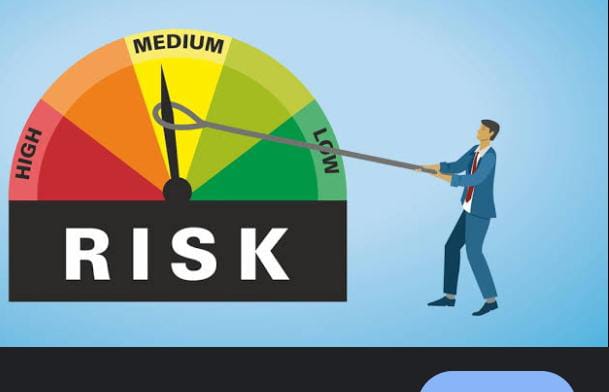
Our customer support team is here to answer your questions. Ask us anything!
Chat with us on WhatsApp

Written By: Flipbz.org
In an unpredictable world, effective risk management is essential for businesses to protect their assets, operations, and reputation. From financial losses to cyber threats, risks are inevitable, but with a strategic approach, businesses can mitigate potential damage.
This article delves into the importance of risk management and outlines actionable strategies to help businesses thrive despite uncertainties.
---
Risk management involves identifying, assessing, and addressing potential threats that could disrupt a business’s operations or goals. It is a proactive approach aimed at minimizing adverse impacts and capitalizing on opportunities.
---
Fluctuations in currency exchange rates, market downturns, and poor cash flow management can all threaten a business’s financial stability.
These arise from internal failures, such as system breakdowns, supply chain disruptions, or employee errors.
With increasing reliance on technology, businesses are vulnerable to data breaches, hacking, and phishing attacks. Cybersecurity incidents can lead to financial losses and reputational damage.
Failure to comply with regulations or contracts can result in fines, lawsuits, and reputational harm.
---
1. Preserving Resources
By addressing risks proactively, businesses can avoid costly disruptions and allocate resources effectively.
2. Ensuring Continuity
A robust risk management plan ensures that businesses can recover quickly from unexpected events, safeguarding their long-term sustainability.
3. Building Stakeholder Confidence
Investors, customers, and partners are more likely to trust businesses with solid risk mitigation strategies.
---
1. Conduct Risk Assessments
Regularly identify potential risks by analyzing internal and external factors. Tools like SWOT analysis or risk assessment frameworks can help.
2. Develop Contingency Plans
Prepare for worst-case scenarios by creating contingency plans. For instance, businesses can establish backup suppliers to avoid supply chain disruptions.
3. Invest in Insurance
Insurance policies tailored to your industry can mitigate the financial impact of unforeseen events, such as property damage or liability claims.
4. Enhance Cybersecurity Measures
Implement firewalls, encryption, and multi-factor authentication to safeguard sensitive data. Regular staff training on recognizing cyber threats is equally important.
5. Ensure Regulatory Compliance
Stay updated on industry regulations and consult legal experts to avoid penalties or reputational harm.
6. Monitor and Review
Risk management is an ongoing process. Continuously monitor risks and evaluate the effectiveness of your strategies to ensure they remain relevant.
---
The COVID-19 pandemic underscored the importance of risk management. Businesses with contingency plans and digital operations adapted quickly, while others struggled to survive. For example, companies like Zoom and Amazon thrived by addressing new customer demands and operational risks.
---
As global challenges evolve, businesses must adopt advanced tools, such as AI-powered risk assessment software and blockchain for secure transactions. By fostering a culture of risk awareness, organizations can remain resilient in an unpredictable world.
With a strong risk management strategy, businesses can not only weather uncertainties but also turn challenges into opportunities for growth.
Please register to comment.
With these components in place, your business...
Open the Listing model file located in the ap...
Discover promising partnership opportunities in various industries.
Pitch Your Startup | Find Partners
Comments